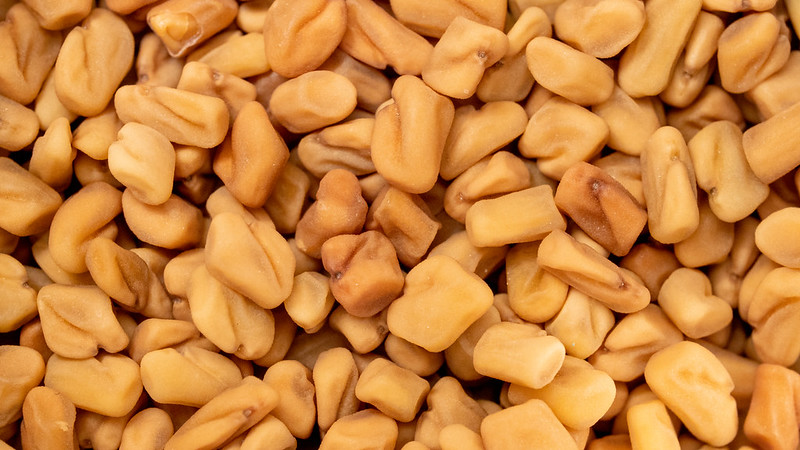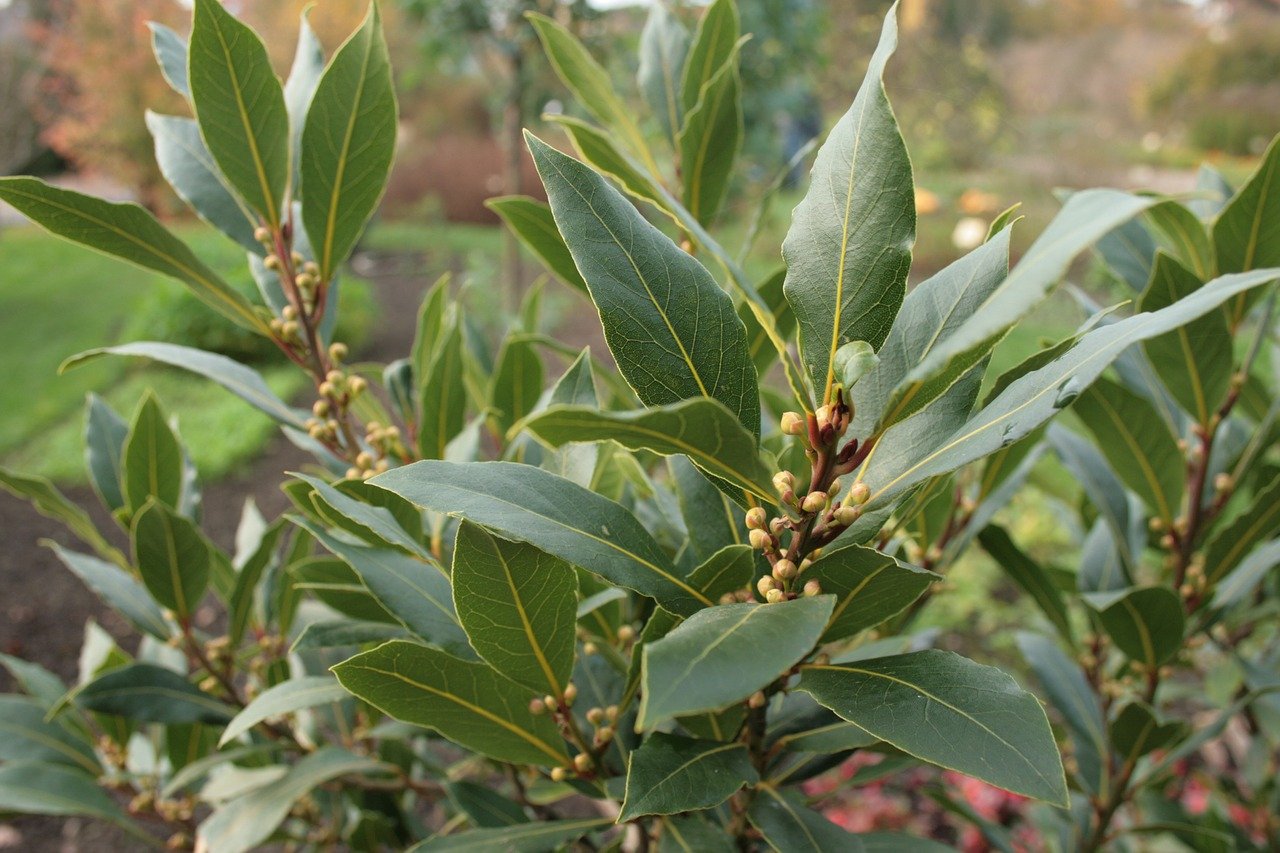Fenugreek aka Methi is a fool-proof way to step into your weight loss journey
Weight loss is no cakewalk. Calling it a herculean task wouldn’t be wrong either, especially if it’s obesity-related to diabetes, or undue weight gain due to PCOS. And, when the cravings are haunting you every day.
You may end up feeling frustrated, left out, or calling those sexy hour-glass bodies make-belief bodies.
We feel you.
And, for you, we found an amazing weight loss ‘natural pacer’, that is, fenugreek seeds for weight loss. Yes, the notorious seeds in your pantry.
Methi or fenugreek is a panacea for diabetics too. The magic lies in its fiber-packed constituents that slow down the process or carb-absorption. Moreover, it has vital amino acids that help in managing blood glucose levels.
Cutting it short, let’s understand how fenugreek seeds for weight loss are a game changer.
Fenugreek seeds are well-known weight loss agents for their incredible benefits:
- Increases metabolic rate
- Promotes satiety
- Burn belly fat faster
- Improves digestive health
- Controls diabetes and blood pressure
A study found that fenugreek extract was given to healthy, obese participants who ended up consuming less dietary fat. However, no difference in weight was observed during the 6-week study.
The study confirms that fenugreek tea or water cannot help you lose weight magically. Rather, it can supplement your weight loss diet + workout by helping you stick to your new eating habits, improving digestion and metabolism-which quicken weight loss process.
Another study showed that participants with diabetes who eat fenugreek seeds for weight loss can see visible results within days.
How do Fenugreek Seeds for Weight Loss work?
Fenugreek is a potent natural weight loss seed that contains galactomannan, a water-soluble heteropolysaccharide. It works by curbing your appetite while making you feel fuller for longer. And this makes following your diet easier.
Fenugreek seeds are packed with fibers (75% water-soluble fibers) that ease constipation and boost the metabolism of your body. It leads to quicker fat burn in the belly and adipose tissues.
Above all, the fenugreek seeds do not contain any unhealthy carbs. It only contains adequate traces of a few healthy carbs instead. Thus, it surely makes a true weight loss drink.
Moreover, by preventing calorie intake and higher metabolic rate, weight loss is a sure-fire outcome.
Additionally, the seeds have numerous health benefits, including controlled blood pressure and sugar levels.
The fact is fenugreek seeds are the healthiest and most natural way to lose weight. All those expensive weight loss teas and medicines focus on the same aspect: curb your appetite and quicken metabolic rate. Then, why not pick a natural alternative?
The cherry on top? Fenugreek seeds for weight loss are a good source of minerals and vitamins such as calcium, potassium, folate, phosphorus, magnesium, and vitamin A.
So, next time you are planning on weight loss, start with fenugreek seeds to help you eat less and metabolize faster.
Here are fun ways you can have your daily dose of fenugreek seeds:
1. Fenugreek Tea:
Add a teaspoon of fenugreek seeds or powder in hot water. Let it boil for 10 minutes. Strain in a cup. Add in powdered cinnamon, lemon juice, ginger juice, and honey to taste. The vitality will keep you going the entire day without feeling tired. You can drink fenugreek tea a maximum of thrice a day.
Quick Tip: You can get fenugreek tea bags to brew a quick cup anytime and anywhere. The add-ons are optional.
2. Fenugreek Water
Soak a tablespoon of fenugreek seeds in water overnight. Strain the water and drink it on an empty stomach.
3. Boil Fenugreek Seeds
Add a teaspoon of fenugreek seeds to boiling water. Cook it for 4-5 minutes. Let it cool and have your detox drink. You can have it twice a day.
4. Fenugreek and Honey
You can also add a spoonful of honey to fenugreek water. Honey prevents inflammation and strengthens the immune system. You can also take soaked seeds mixed with honey on empty stomach.
5. Soaked Fenugreek Seeds
Fenugreeks seeds for weight loss work by strengthening the digestive system. To utilize its maximum antioxidants, it’s best to soak a teaspoon of fenugreek seeds in water overnight and chew them first thing in the morning.
Final Verdict
Fenugreek seeds for weight loss work similar to expensive weight loss teas and medicines. Simply stick to your weight loss routine and amp it up with fenugreek seeds to witness faster weight loss results.

























